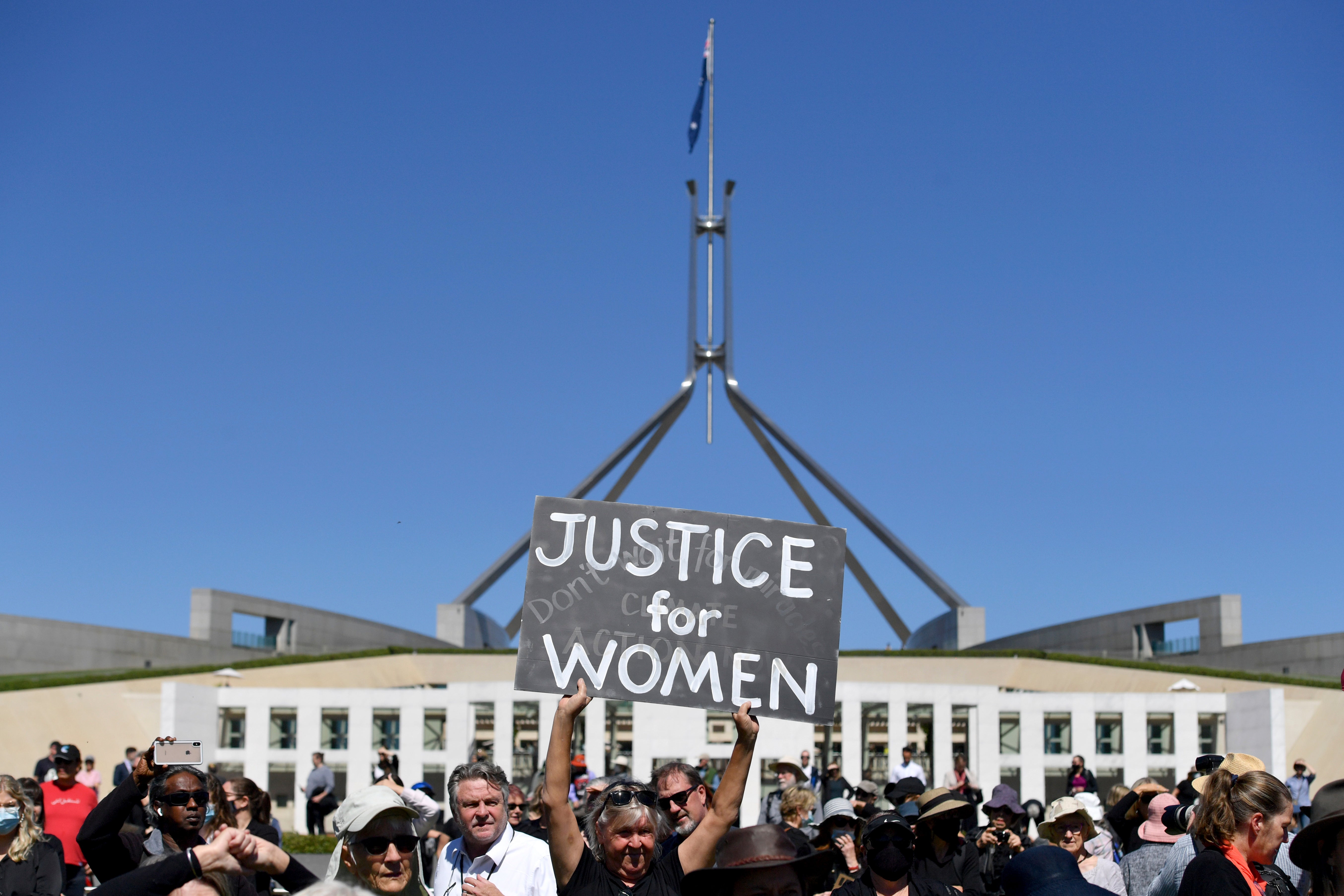Australian police boss suggests app to prove sexual consent
A senior Australian policeman has suggested a phone app be developed to document sexual consent in a bid to improve conviction rates in sex crime cases

Your support helps us to tell the story
From reproductive rights to climate change to Big Tech, The Independent is on the ground when the story is developing. Whether it's investigating the financials of Elon Musk's pro-Trump PAC or producing our latest documentary, 'The A Word', which shines a light on the American women fighting for reproductive rights, we know how important it is to parse out the facts from the messaging.
At such a critical moment in US history, we need reporters on the ground. Your donation allows us to keep sending journalists to speak to both sides of the story.
The Independent is trusted by Americans across the entire political spectrum. And unlike many other quality news outlets, we choose not to lock Americans out of our reporting and analysis with paywalls. We believe quality journalism should be available to everyone, paid for by those who can afford it.
Your support makes all the difference.A senior Australian policeman suggested on Thursday a phone app be developed to document sexual consent in a bid to improve conviction rates in sex crime cases.
New South Wales state Police Commissioner Mick Muller said dating apps have brought couples together and the same technology could also provide clarity on the question of consent.
“Technology doesn’t fix everything, but ... it plays such a big role in people meeting at the moment. I’m just suggesting: is it part of the solution?” Fuller said.
Fuller said the number of sexual assaults reported in Australia’s most populous state was increasing while a prosecution success rate of only 2% stemming from those reports showed the system was failing.
“Consent can’t be implied,” Fuller wrote in News Corp. newspapers. “Consent must be active and ongoing throughout a sexual encounter.”
Responses to the consent app suggestion have been largely negative or skeptical.
State Premier Gladys Berejiklian congratulated Fuller on “taking a leadership position on having the conversation” about the sexual assault problem, but declined to share her opinion on the app.
Lesley-Anne Ey, a University of South Australia expert on harmful sexual behavior involving children, said she didn’t think the app would work.
“I don’t think they’re going to interrupt the romance to put details into an app,” Ey told Australian Broadcasting Corp.
Catharine Lumby, a Sydney University specialist in ethics and accountability, described the app as a quick-fix that misunderstood the circumstances of sexual assaults.
"Fundamentally what we are now having a reckoning with is the fact that there is a very small minority of men in this society who are opportunists, who make the decision to sexually assault women,” Lumby said.
“They don’t care where, how or why they do it. They will take the opportunity and I’m sure they are more than capable of manipulating technology,” Lumby said.
More than 100,000 women protested in rallies across Australia on Monday demanding justice while calling out misogyny and dangerous workplace cultures.
The public anger erupted after the Australian attorney general denied an allegation that he raped a 16-year-old girl 33 years ago, and a former government staffer alleged that she was raped two years ago by a colleague in a minister’s Parliament House office.
Fuller said his suggestion could gain popularity in time.
“To be honest with you, the app idea could be the worst idea I have in 2021, but the reality is in five years, perhaps it won’t be,” he said. “If you think about dating 10 years ago, this concept of single people swiping left and right was a term that we didn’t even know.”
A consent app similar to Fuller’s proposal was launched in Denmark last month. But the app hasn’t been widely adopted, with fewer than 5,000 downloads, according to mobile intelligence site Sensor Tower.